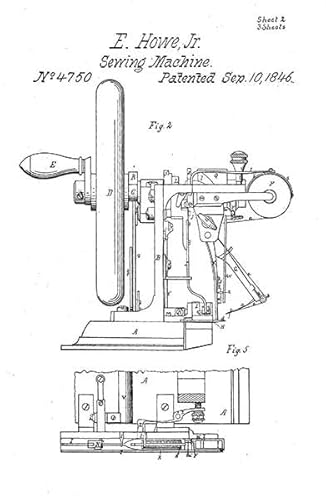
Legal News for Weds 9/10 - Fed Independence Safe (For Now), Trump's Tariffs in Place (For Now), CA Social Media Law and Blocked DOJ Subpoena Harassing Trans Youth
カートのアイテムが多すぎます
ご購入は五十タイトルがカートに入っている場合のみです。
カートに追加できませんでした。
しばらく経ってから再度お試しください。
ウィッシュリストに追加できませんでした。
しばらく経ってから再度お試しください。
ほしい物リストの削除に失敗しました。
しばらく経ってから再度お試しください。
ポッドキャストのフォローに失敗しました
ポッドキャストのフォロー解除に失敗しました
-
ナレーター:
-
著者:
このコンテンツについて
まだレビューはありません



